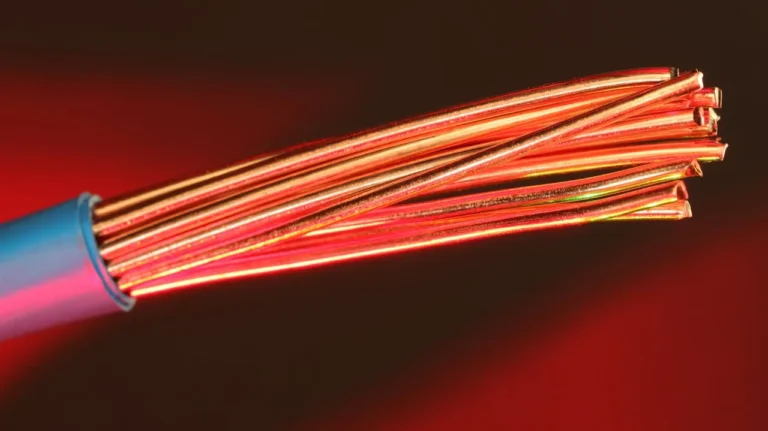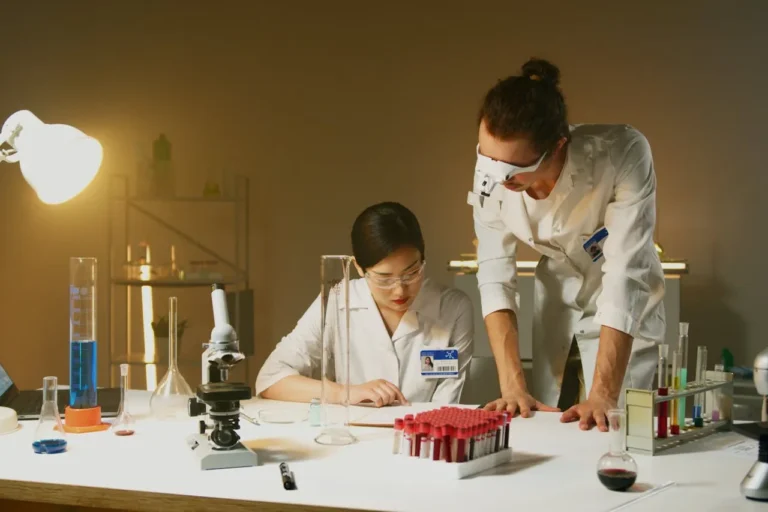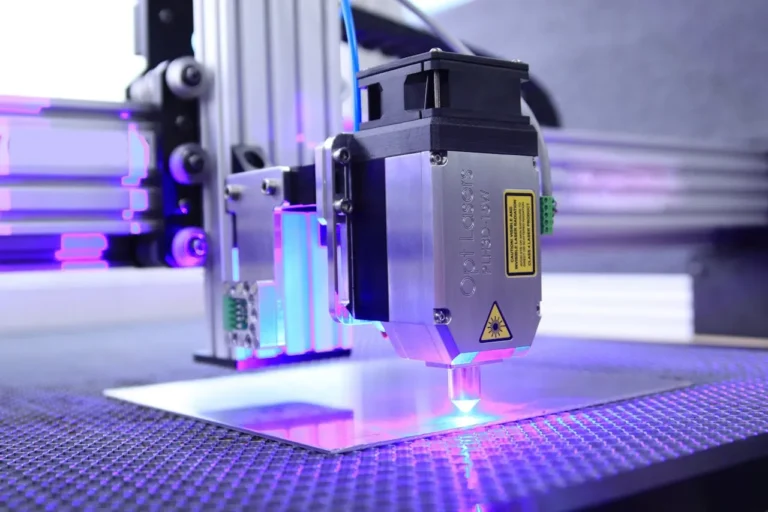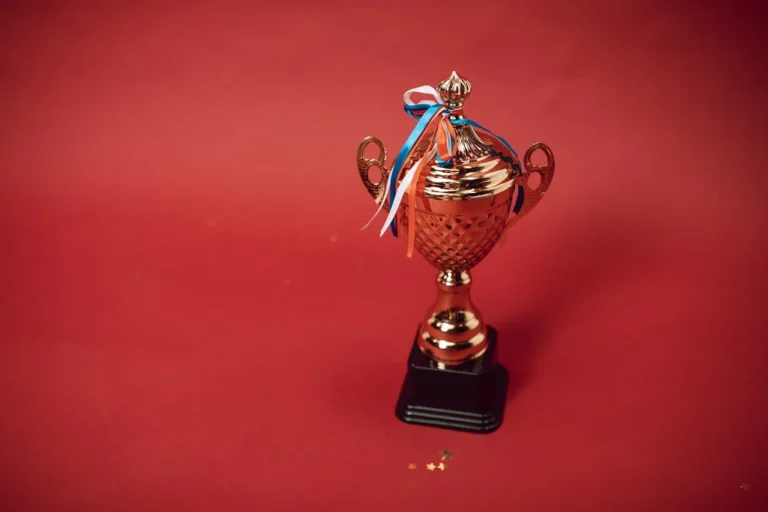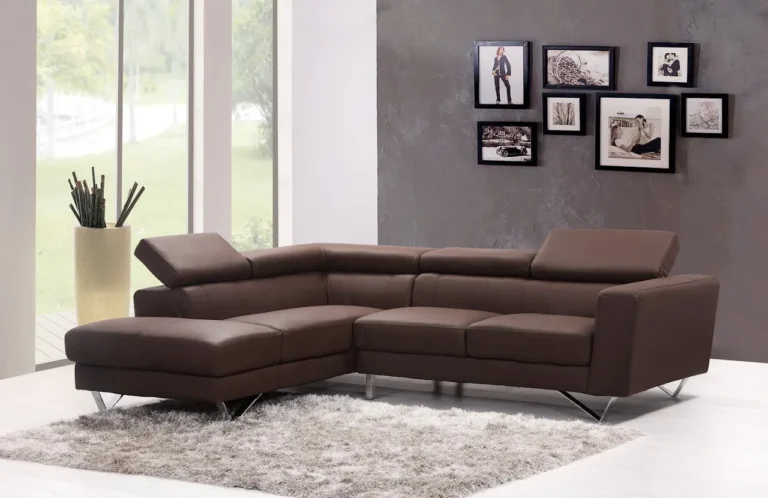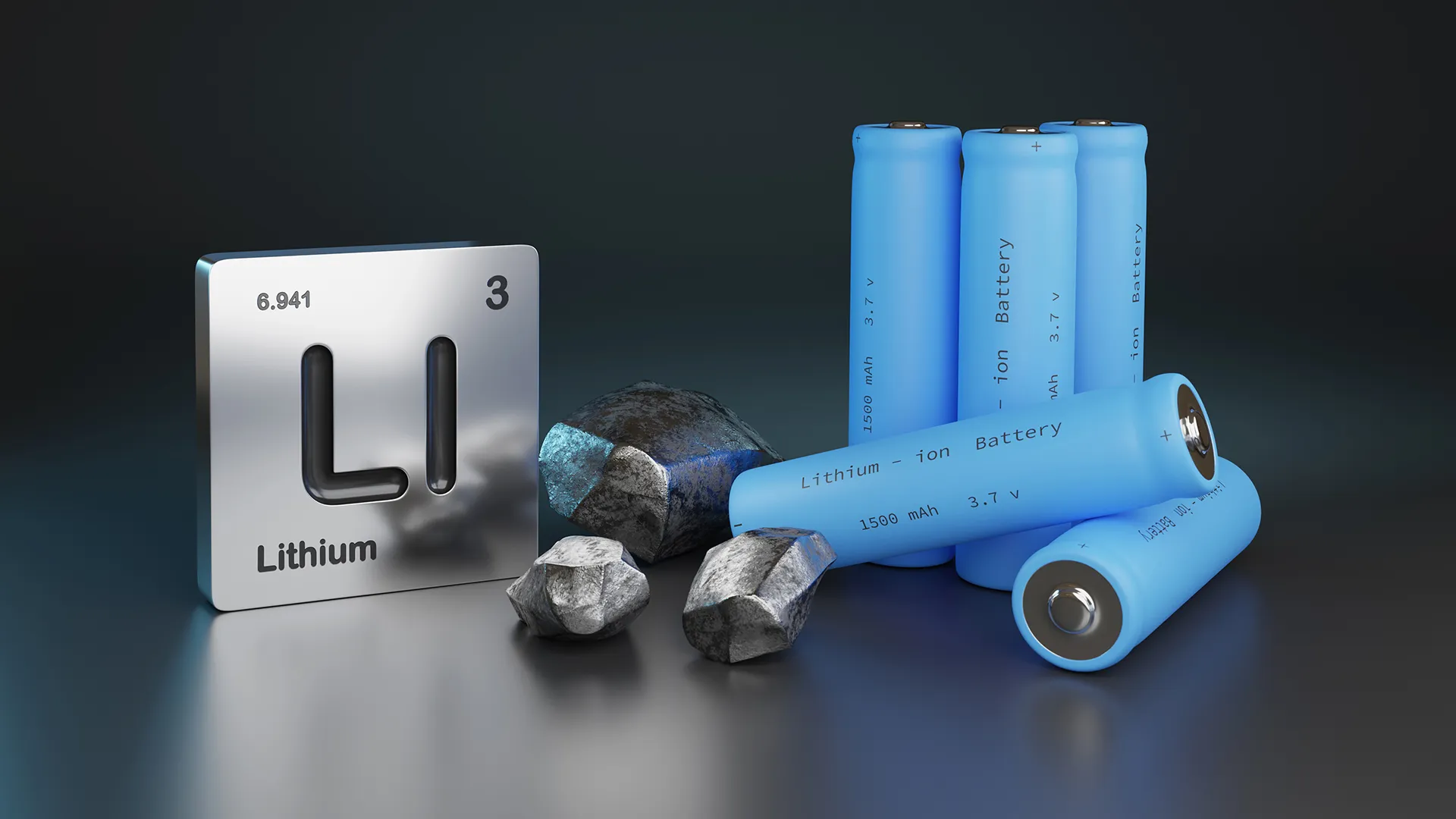
PolyCera® Secures Phase Two of Large-Scale Lithium Extraction Initiative in Tibet, China
PolyCera®, a brand under PSP.US, a renowned global leader in next-generation membrane technology, has proudly announced its selection for the second phase of the Salt Lake Lithium Extraction Project located in Tibet, China. This milestone marks a pivotal moment in the company’s international expansion, with Phase 2 significantly increasing the project’s overall treatment volume to more than 100,000 cubic meters per day. This continued collaboration underscores PolyCera®’s pivotal role in supporting renewable energy infrastructure and advancing sustainable lithium extraction methodologies on a global scale.
The company’s re-engagement with the project comes as a direct result of the successful completion and operation of Phase 1. During the initial phase, PolyCera® implemented a cutting-edge membrane system boasting a capacity of 1,900 cubic meters per hour. The performance exceeded expectations, earning high praise from operators and stakeholders for its efficiency, reliability, and technological superiority. Encouraged by these results, project developers have awarded PolyCera® the responsibility to spearhead the second phase, thereby reaffirming their confidence in the brand’s innovative capabilities.
Scheduled for delivery by June 2025, Phase 2 will contribute an additional treatment capacity of 2,300 cubic meters per hour. This enhancement will further accelerate the extraction of lithium, a vital raw material for the rapidly expanding sectors of electric vehicles and renewable energy storage. As part of its comprehensive role, PolyCera® will supply the full suite of membrane systems, including the high-performance filtration elements, pressure vessels, and supporting structural racks.
A hallmark of PolyCera®’s technology lies in the application of its Hydro-UF membrane, which delivers superior chemical resistance and robustness in extreme conditions. In this particular project, the membrane is employed to effectively separate magnesium hydroxide precipitates, which form in high concentrations exceeding 700 mg/L at a highly alkaline pH of approximately 13. Unlike conventional membranes, PolyCera®’s monolithic module design permits operation without any need for pretreatment, thanks to its high durability and resistance to chemical degradation.
The challenging environmental conditions of Tibet’s salt lakes further demonstrate the advanced capabilities of PolyCera®’s membranes. During winter, brine temperatures can plunge below 40°F, creating additional filtration challenges. However, the Hydro-UF membrane’s hydrophilic nature and exceptional water permeability allow it to maintain low operational pressures, outperforming traditional systems in both energy efficiency and throughput.
Dr. Jinwen Wang, Vice President of Product at PolyCera®, elaborated on the scientific advantages of the membrane technology: “In this project, the unique structural and chemical properties of our Hydro-UF membrane enable the efficient separation of high-alkaline solids directly from lithium-rich brines. The membrane’s ability to operate without pretreatment, even under low-temperature and high-pH conditions, gives it a tremendous operational advantage.”
Jianbo Wen, CEO of PolyCera®, emphasized the broader implications of this project for the company and the global community: “We are deeply honored by the continued trust placed in us by the project developers. Being selected for Phase 2 not only confirms the technical excellence of our product but also speaks to our long-term commitment to environmental stewardship and sustainable technological advancement. Our mission is to bring transformative solutions to water and wastewater treatment around the world, and this project exemplifies that mission in action.”
Lithium is a cornerstone mineral in the transition toward clean energy. As demand surges globally for electric vehicles, mobile devices, and renewable energy storage solutions, the efficient and environmentally responsible extraction of lithium becomes increasingly critical. The Salt Lake Lithium Extraction Project in Tibet is designed to address these growing demands through the integration of state-of-the-art technology and renewable energy sources.
A distinctive feature of the project is its use of photovoltaic energy to power various stages of the extraction process, further reducing the carbon footprint associated with mineral extraction. By pairing advanced adsorption-separation processes with membrane filtration systems, the project demonstrates a scalable, energy-efficient, and sustainable model for lithium production.
The combination of technological excellence and environmental consciousness makes this initiative a benchmark for future lithium extraction projects globally. It also aligns with China’s broader strategic goals in green energy development and technological self-reliance, while offering a template that can be adapted to similar salt lake lithium deposits worldwide.
PolyCera®’s contribution goes beyond technology supply. The company’s experts are actively involved in system integration, operational training, and on-site support, ensuring the highest performance standards throughout the project lifecycle. This collaborative model enhances knowledge transfer and operational efficiency, reducing downtime and maximizing output from the installed membrane systems.
With the execution of Phase 2 underway, PolyCera® is not only expanding its presence in Asia but also solidifying its position as a key player in the global membrane filtration sector. The company’s core strengths in materials science, process engineering, and sustainable design make it uniquely suited to tackle the complexities of high-demand applications like lithium recovery.
Furthermore, this project represents one of the largest-scale applications of PolyCera®’s ultrafiltration membranes in the mining and energy sector to date. The company sees this success as a stepping stone toward broader adoption of its technology in other mineral extraction, water reuse, and industrial wastewater treatment applications around the world.
In an era where the global economy is increasingly shaped by sustainability concerns and the need for resource efficiency, PolyCera® is helping to pave the way for more responsible industrial practices. Its innovative membrane solutions are not only addressing immediate technical challenges but also setting new standards for environmental impact, operational resilience, and cost-effectiveness.
As the Salt Lake Lithium Extraction Project progresses toward completion of its second phase, the partnership between PolyCera® and its collaborators in China is expected to yield further advancements in membrane filtration technology. This ongoing innovation and mutual trust reflect a shared vision for a cleaner, more resource-efficient future.
In summary, PolyCera®’s selection for Phase 2 of the Tibet lithium extraction initiative represents a convergence of technical innovation, strategic collaboration, and sustainable development. It underscores the transformative potential of advanced membrane technology in enabling the clean energy revolution and serves as a testament to the company’s dedication to driving forward global progress in environmental engineering.
As the project continues to unfold, the eyes of the international clean energy and water treatment communities remain fixed on Tibet, where cutting-edge science and environmental stewardship are being brought together by a leader in membrane innovation—PolyCera®.



